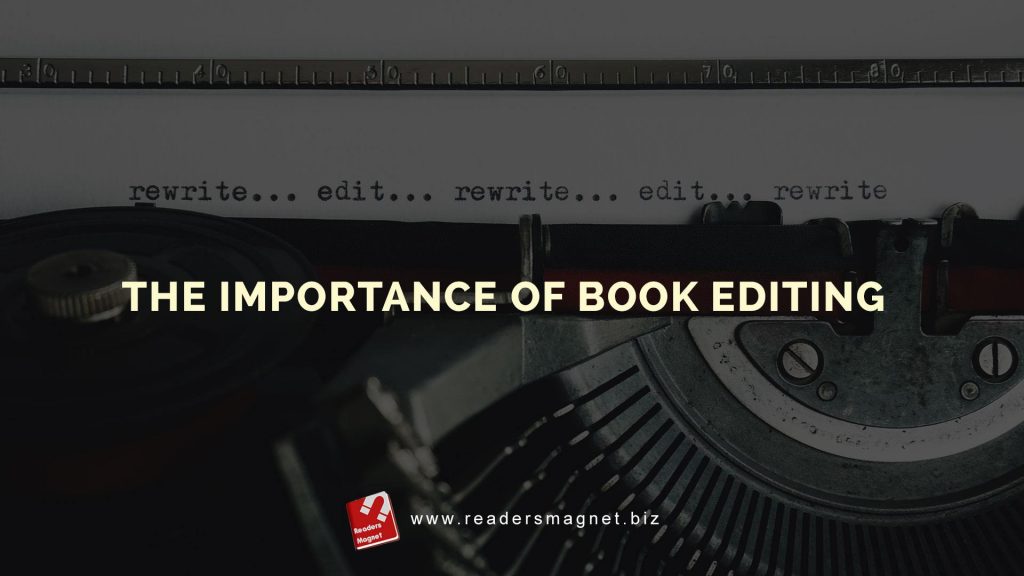It is an achievement for any author to finish the draft of their novel. The emotion of joy and happiness is felt after achieving the story one has in mind. However, the overflowing of emotions will not be long lived. This is not the end of an author’s journey to publishing his or her book. The rough draft of the book must always undergo an essential process called editing. Many fail to understand the importance of the editing process of a book prior to its publication. A book is not perfect on the get-go. With editing, the errors and whatnot can be identified and revised to better suit the manuscript. Hence, coming up with a far better and structured narrative.
Nonetheless, book editing is more than just editing raw manuscripts. This process will have a huge influence whether the book will get published or not. Many authors neglect editing thinking that this process will change the overall narrative. However, when these authors work with the perfect editor, they can communicate on the ideas as to why the changes are necessary. Greg Van Arsdale, author of The Genesis Project and a full time editor, believes that clients should understand the changes in the original manuscript.Van Arsdale’s art of editing in fiction and nonfiction books aims to help authors become better writers and not only on the sole purpose of returning a pristine manuscript. Book editing is important for two major reasons.
It Polishes the Raw Manuscript
The first reason why book editing is important is that it polishes the raw manuscript. It is the pitfall of any author when they release a book before it is actually ready for readers. An author may have a great plot line or unique work. But despite that, the book will not be successful if there are too many typos, grammatical errors, and inconsistent formatting. It is inevitable for a writer to have typos and errors in their writing. And sometimes, these writers are bad at identifying these. For that reason, editing will identify errors in grammar, syntax, and spelling. Book editing can also straighten the narrative and dialogue. There are times when authors are immersed in writing their draft that they tend to overwrite things. Editing will also polish that aspect. Editors will remove or revise this facet when necessary. A book that has undergone editing will have a well-structured narrative. A structured story has the power to reach readers, relays the message or storyline of the book, and may evoke a variety of emotions. A polished manuscript will ensure quality content that will leave an impact to the thoughts and emotions of readers.
It Gives a Creative Approach
Some authors believe it is plainly editing the draft. Nevertheless, book editing goes beyond editing typos and other errors. Editing can provide depth, context, and detailing to the manuscript’s narrative and dialogue. Editing will provide a creative approach to the raw manuscript of the author. Behind every successful author, there is a great editor working behind the scenes to make the book the best it can possibly be. Editing ensures that the manuscript will be original and unique. There are some instances where editors will remove some scenes and even characters in the book. They will also combine scenes and characters when needed. However, authors should not worry as these professional editors will ask for permission to do so and explain how this is necessary and how it can impact the overall plot. Editing can also straighten out the narrative of the manuscript. This process will identify whether a certain scene or dialogue does not make sense or if it is too technical for readers.

